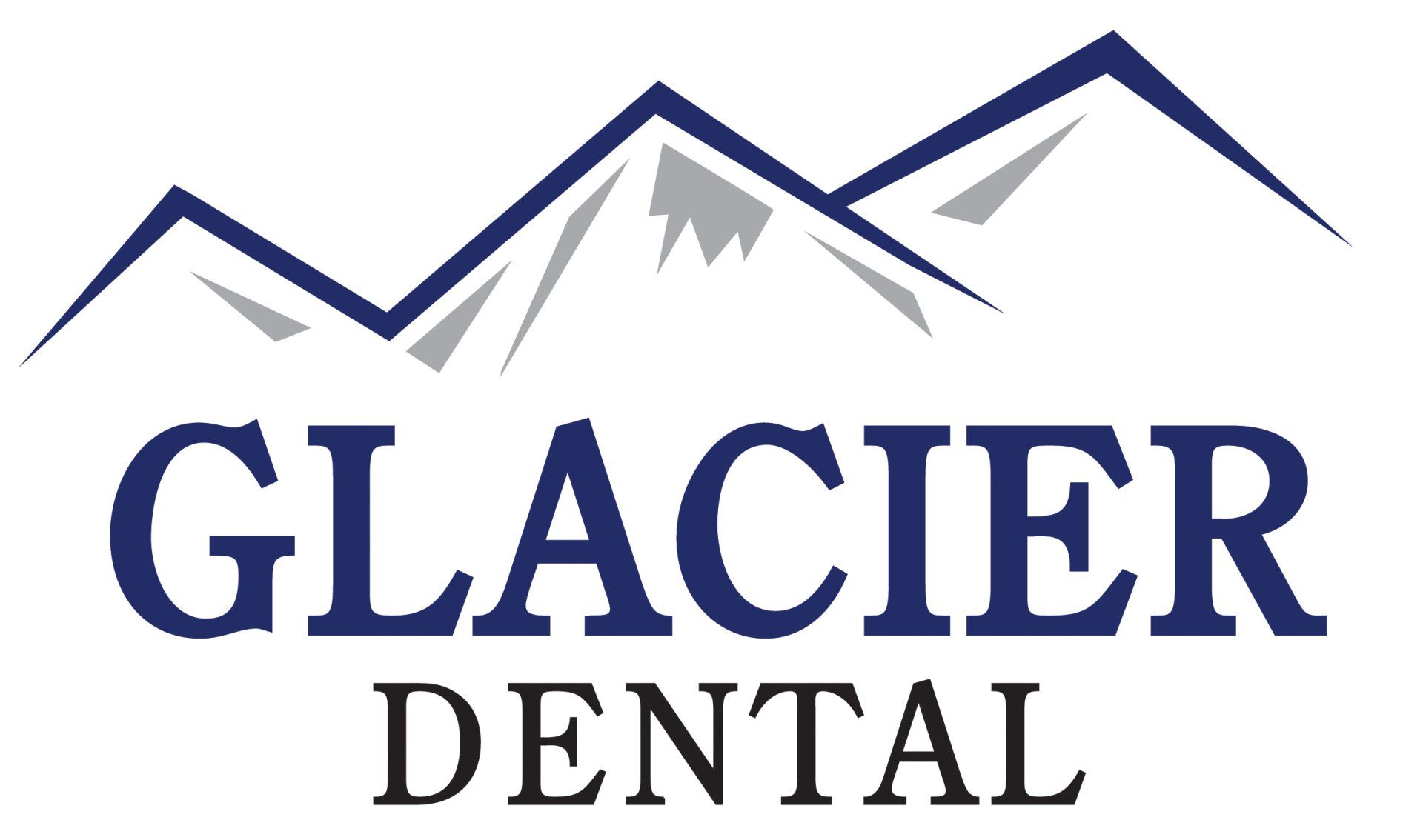Oshkosh, WI
Tell me more...
Sleep Apnea There are a few different types of sleep apnea:

Obstructive Sleep Apnea (OSA)
OSA is a disorder in which breathing is briefly and repeatedly interrupted during sleep. Chronic snoring is the most common symptom of OSA, but tha t does not mean all individuals who snore have sleep apnea. Although recent studies are indicating that nearly 100% of people that snore will develop apnea unless treatment occurs.
Button
Central Sleep Apnea (CSA)
Less common than OSA, CSA occurs when the brain fails to properly control breathing during sleep. This leads to slower and shallower breathing. Snoring is not a common symptom of CSA.
Button
Mixed Sleep Apnea
A combination of both OSA and CSA in which a person has symptoms of both.
Button
The “apnea” in "sleep apnea" refers to a breathing pause that lasts at least 10 seconds. Obstructive Sleep Apnea occurs when the soft tissue in the back of the throat (tongue, soft palate, and pharyngeal wall) fail to keep the airway open, despite efforts to breathe.
Obstructive Sleep Apnea can cause fragmented sleep and low blood oxygen levels. For people with OSA, the combination of sleep deprivation and oxygen starvation may result in hypertension, heart disease and mood and memory problems.
Sleep apnea also increases the risk of automobile crashes. People that snore are 300% more likely to be involved in a motor vehicle accident as the driver. Sleep apnea is life threatening and if you or someone you know aligns with any of the symptoms, you should consult a professional immediately.
A sleep disorder can affect anyone.
- Overweight, male, or over the age of 40
- Neck greater than 17" around for men; 16" for women
- Disproportionate oral features, any age
- Narrow upper/lower lower jaw
- Crowding of upper/lower teeth
- A deep or retruded bite
- Extraction of multiple adult teeth including for orthodontic reasons
- Nasal obstruction such as deviated septum
- Allergies or sinus issues
- Family history of sleep apnea
- Children who snore, have enlarged tonsils/adenoids and certain dental malocclusions
The symptoms of sleep apnea are many and can occur in various combinations.
• Snoring
• Excessive daytime sleepiness
• Tiredness (regardless of the amount of hours that you sleep)
• Clenching/bruxing
• Depression
• Severe Anxiety
• Memory and concentration difficulties
• ADD and ADHD symptoms(especially in children)
• Morning headaches/migraines
• Gastric reflux
• Dry mouth
• Sore throat
• Weight gain or inability to lose weight
• High blood pressure
• Diabetes
• Poor job performance or problems in school
• Decreased sex drive and/or Impotence
• Choking/gasping sensation that wakes you up
• Insomnia
• Inability to sleep through the night
Consequences of untreated sleep apnea are life altering and can lead to poor quality of life and ultimately to drastic or fatal consequences.
Some consequences are as follows:
• Diabetes
• Obesity
• Cardiovascular problems (including heart attack and stroke)
• Cancer
• Low libido and poor sexual function
• High blood pressure
• Intellectual deterioration (including association with early onset of dementia and Alzheimer’s disease)
If you have symptoms of sleep apnea make sure you speak with your physician or mention this to our hygienists and doctors.
It is important to determine the root cause of your sleep apnea or else it can be difficult to treat. An overnight or home sleep study may be recommended to analyze and study your sleep and breathing.
Sleep Apnea & Snoring Treatment
Depending on each patient's diagnosis, sleep apnea treatment may be as simple as a lifestyle change such as weight loss or change in diet. Other patients may benefit from the help of a specially designed oral appliance, which prevents airway blockage. Some more severe cases of apnea may require surgical intervention to prevent upper airway obstruction.
First and foremost, our dentists will examine your living habits and make recommendations for behavioral therapy, such as avoidance of alcohol or sedatives, or sleep positioning devices. Use of pillows to alter your nighttime breathing habits may also be suggested. We've found that treatment through Integrative/Airway-focused Orthodontics may also be useful treatment.
Severe cases may require mechanical therapy in the form of a mechanical device called a CPAP, or Continuous Positive Airway Pressure, uses a mask with an air blower to force air through the patient's upper airway, assuring constant inhalation of adequate amounts of oxygen.
Unfortunately, almost two-thirds of patients that are given a CPAP do not wear it as prescribed. If you have been diagnosed with mild or moderate sleep apnea or just have found that a CPAP device helps eliminate apnea episodes and symptoms such as snoring but is too intrusive to use on a regular basis, you may benefit from oral appliance therapy.
An oral appliance from our Oshkosh, WI dental practice can be effective in reducing a reliance on a CPAP machine. We can fit you with a custom oral device which can eliminate apnea episodes by opening the airway so that you can enjoy a peaceful and healthy night's sleep. Less obtrusive than a CPAP machine, these customized gently advance the lower jaw and tongue to keep the airway open to reduce and even eliminate breathing issues and snoring.
Our team of dental professionals at Glacier Dental in Oshkosh, WI have exceptional training in sleep apnea. Our team at Glacier Dental along with your physician, will help you decide which dental sleep medicine treatment or combination of treatments will work best for you.
Call us today to learn more and schedule your consult.
Patient Testimonials

"I was diagnosed with moderate sleep apnea 2 years ago, and was prescribed with a sleep apnea machine. The machine wasn’t helping much and was very uncomfortable to wear and try to sleep with it. I stopped using the sleep machine and did some research on other options. I learned about using a sleep mouth guard instead, and ever since I had one done through Glacier Dental. My sleep has improved significantly ever since. I no longer need to take naps throughout the day, or feel any dizziness as I did before. I really appreciate all the help Glacier Dental has provided. Would recommend anyone with sleep apnea to go to Glacier Dental and see if a mouth guard could be their solution as well!"
- Girardo E.
Button
Happy Patient
“On my first night using the sleeping appliance, I woke up completely refreshed with an easy night of sleep. I had been attempting to cope with my new CPAP machine for nearly two months at this point but continued to wake up once or twice a night to adjust. I carry my appliance with me whenever I have overnight travel. Huge thanks to the Glacier Dental team. They helped me diagnose my sleep apnea and have been nothing short of great during the entire process. They continue to check on me and adjust my appliance as needed. Thank you for all your help.”
- Bong T.
Button

Share On: